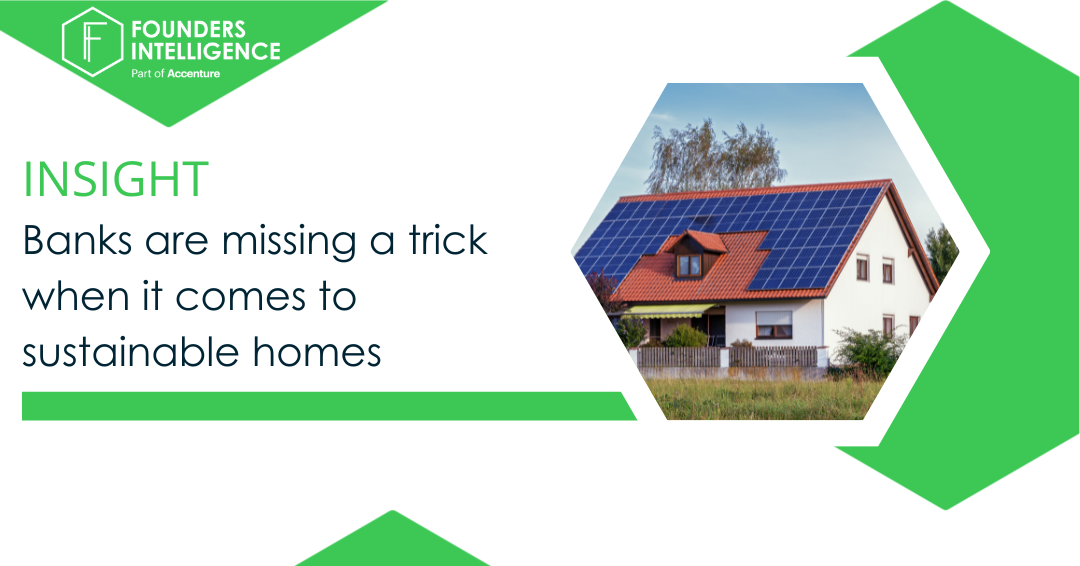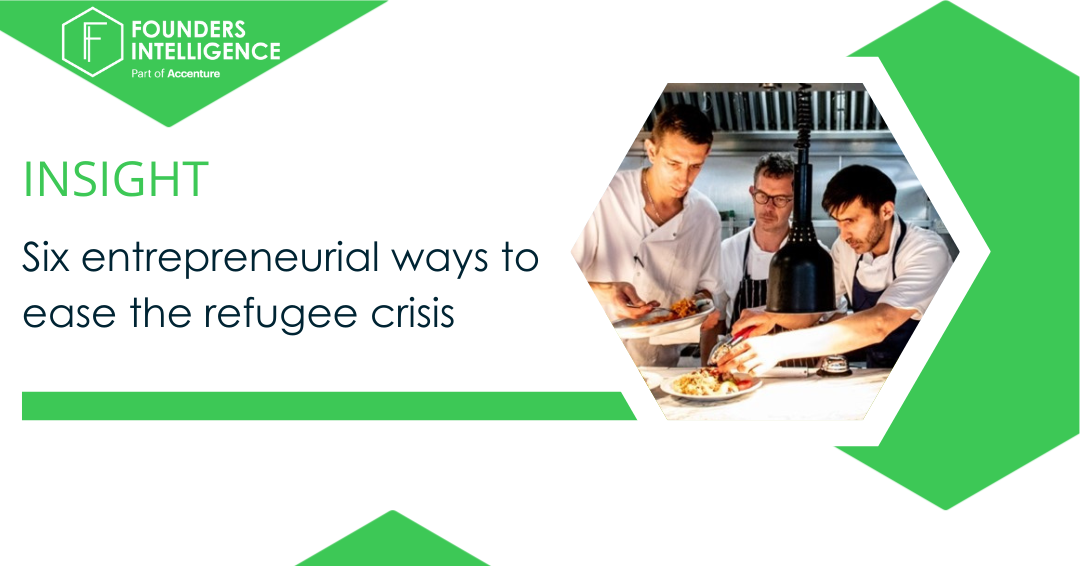Remote working policies are being adopted permanently by leading companies worldwide, but now, two years into the pandemic, the transformation of our working lives and careers is going far beyond remote working.
New, fully decentralised flexible operating models have emerged, with companies able to look for affordable talent wholly unrestricted by geographical location. Alongside this, pandemic-related burnout has led many people to reflect on their careers and take advantage of easy-to-access reskilling opportunities through platforms such as Udemy and Coursera, often in emerging fields which are underserved by traditional education.
As people make profound changes to their professional lives, online communities are playing a vital role. Here we explore how.
Career building in a digital era
Reorienting your career, or building one from scratch, isn’t easy when you’re working from the kitchen table or a garden office. That’s why digital communities are emerging as powerful places to build networks and share knowledge. In a remote-first world, online communities are providing opportunities to socialise, combatting the isolation many feel when working remotely.
Members of online communities are able to leverage their digital networks to share opportunities and discover new jobs emerging in spaces where conventional positions don’t exist, such as web3 development. Career changers can find information on the best path forward, before committing to change with access to support from their peers throughout the process. Those from underrepresented backgrounds can join forces to amplify their voice and use the power of community to overcome the barriers they often face.
Growing communities that grow careers
The Facebook Community Accelerator programme is one initiative supporting these communities to thrive. It has brought together a broad spectrum of people eager to empower their professional journeys.
GründerMütter, for example, is a German group providing educational support and events to more than 3,000 self-employed women. Digital Media Women, also based in Germany, is a community of over 18,000 women working in digital industries. It provides a space where members can support each other on their professional and entrepreneurial journeys, and share ways to reduce the gender inequalities that exist in their industry.
In the UK, the Women in Academia Support Network pursues similar goals in the academic and research sectors, by helping women break stereotypes and advance their careers. While the Black Owned Economy group is building an online network of Black business owners, entrepreneurs and advocates who believe in financial and social equality. They reached 150,000 members in just nine months, showcased more than 1,000 businesses on their platform, and created countless connections and business opportunities.
In the events industry, The Delegate Wranglers played a pivotal role during the Covid crisis, providing essential support and opportunities to more than 21,500 professionals. In a sector in which most people operate independently through small businesses, it provides crucial access to the knowledge and best practice needed to build a successful company.
Beyond individual entrepreneurs, online communities also support entrepreneurial groups operating within larger systems such as government, health or education, that often have limited in-house learning resources. The Food Teachers Centre, for example, supports 7,500 teachers in the UK committed to food education, with innovative ideas and solutions. In turn, this has wider positive societal impacts on health and the environment, as well as student well-being and attainment through better nutrition.
These groups are not just for those changing or building careers. They also help young people who are still trying to figure out the right path for them and find employment. Ausbildungsplatz supports young people and their parents to navigate the well-developed apprentice system in Germany, while also enabling SME employers to advertise positions online. By doing this the community highlights the numerous career options available to those without a university degree.
How your company can get involved
This is just a snapshot of the diverse range of digital communities that are supporting today’s workforce. In a rapidly evolving labour landscape, they are providing a vital service to members. But there is a role for companies too, and as the war for talent continues, you can benefit from working closely with these groups. Here are a couple of ways to get involved:
Engage with communities to source talent with new skills and from diverse backgrounds. Companies need to look beyond the traditional recruiting platforms, particularly if they truly want to break down the barriers that outdated approaches to hiring create for many candidates.
Partner with them to offer products and services such as reskilling courses or content that shares relevant expertise. This will help build the company’s brand and put its knowhow to work, by creating new revenue streams or forming part of its corporate social responsibility strategy.
Build new communities for your remote employees if they don’t already exist. Encourage engagement, productivity and retention by combatting the isolation of remote working. Be careful to keep company involvement light touch – these communities are a safe space for the exchange of ideas, shared passions and professional support rather than an extension of your online communications.
As the way we work continues to shift, online communities will play an increasingly important role in enabling and empowering people to shape the careers they want. If you’d like your organisation to be part of that, but aren’t sure how to make it happen, we’d be happy to start a conversation about how we can help. So, get in touch for a chat!


